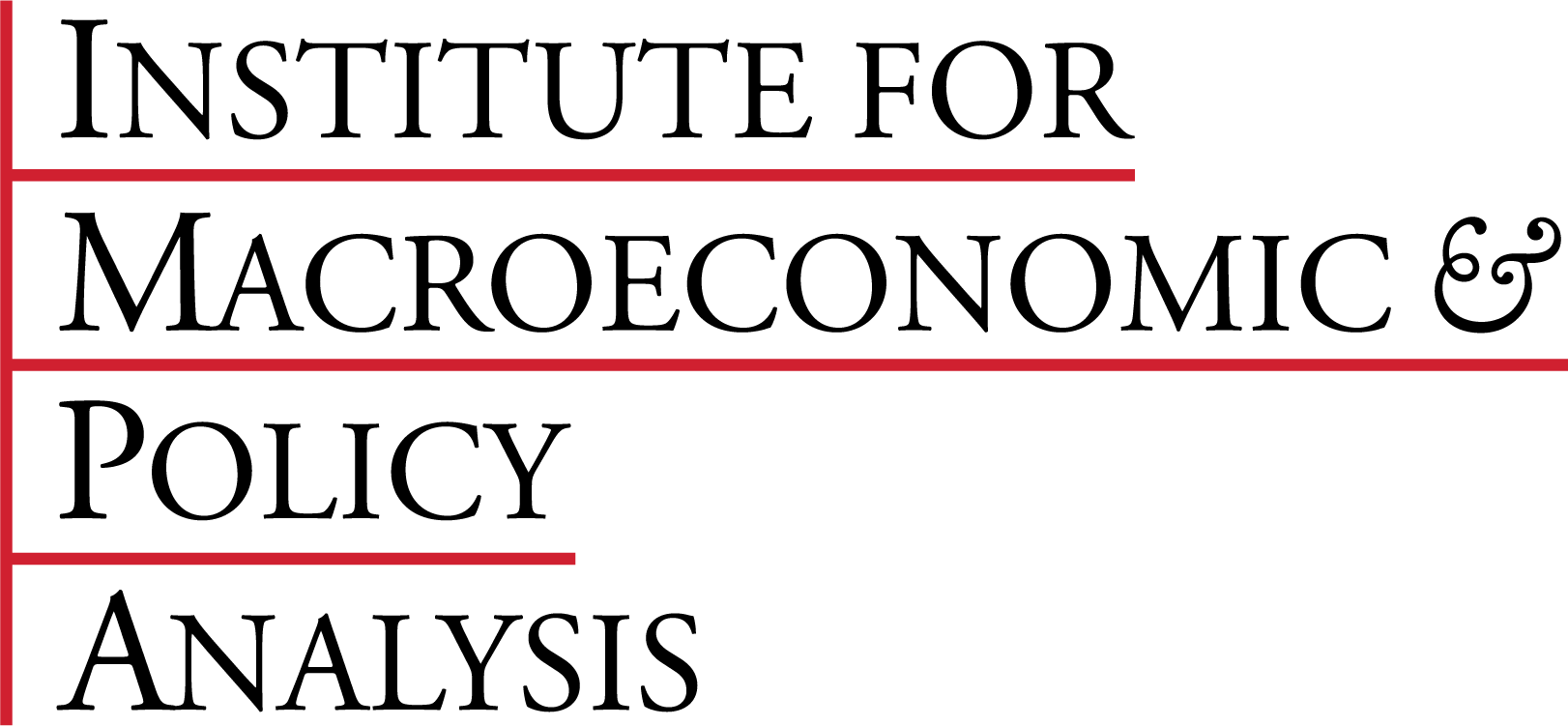This amended policy brief evaluates the macroeconomic and distributional implications of both the House-passed and Senate-passed versions of the One Big Beautiful Bill (OBBB). The Senate (and final) version is largely similar to the House bill in structure and priorities. Both preserve the core individual income tax provisions of the 2017 Tax Cuts and Jobs Act, effectively prioritizing tax cuts for high-income households, despite the current context of constrained fiscal space. The analysis shows that:
(1) The Senate version, compared to the House one, would be closer to “macro neutral,” with a projected GDP decline of 0.08% in 2034, versus a decline 0.66% under the House bill, but this comes at the cost of adding an additional $421 billion to the deficit over the 2025–34 budget window.
(2) While the Senate version proposes to permanently extend key business provisions that the House limits to 2025–2029, our analysis shows that this does not significantly enhance growth. Federal revenue would be approximately 7.5% lower in ten years, resulting in a total of nearly $3.4 trillion in deficits over the 2025–2034 budget window.
(3) In addition to relying more heavily on deficit financing, the Senate version finances its business tax breaks through deeper Medicaid cuts, which pose long-term risks to the economy.
(4) The Senate version is even more regressive than the House bill. By 2034, the gains to the top 10% would be similar under both versions, but the losses to the bottom 10% would be greater in the Senate bill due to deeper Medicaid cuts and less generous temporary tax relief for low-income households.
This report is part of IMPA’s series on corporate tax and personal income tax policy. Check our publications page for the latest reports and analysis from IMPA.
For media coverage of IMPA’s analysis, check our In The News page.

